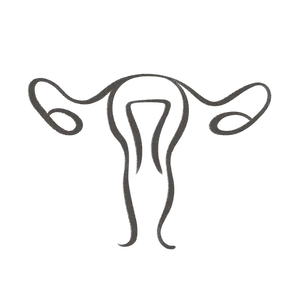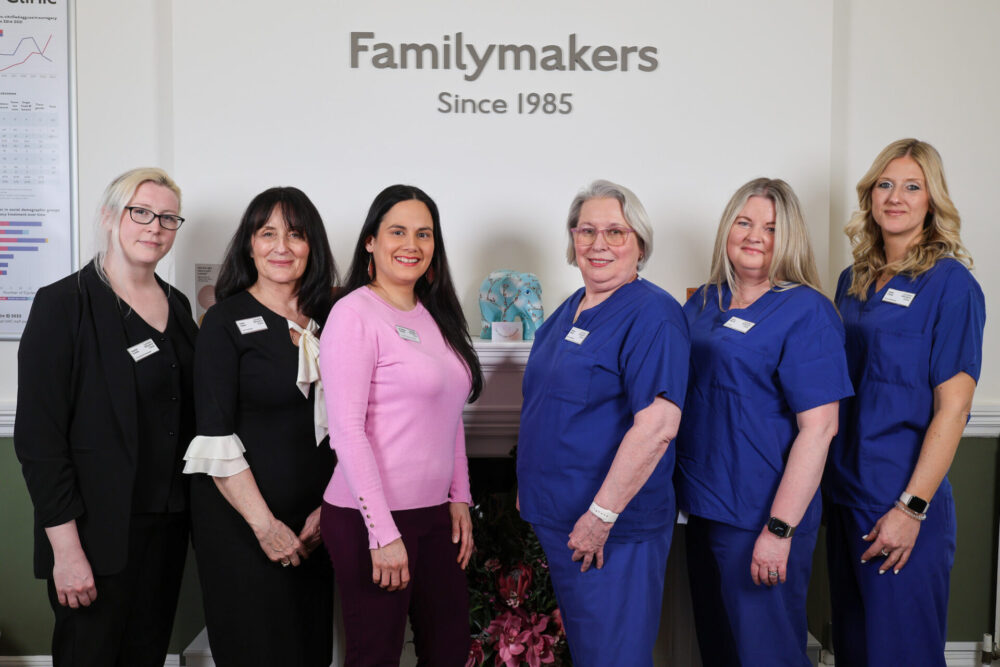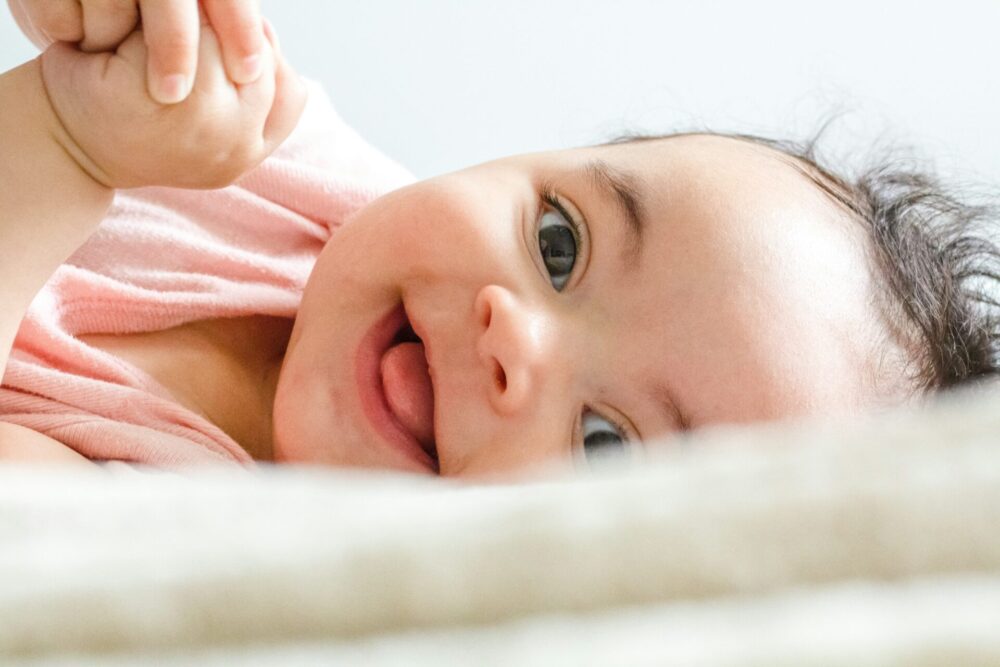Fertility treatments
Kind ICSI
ICSI is a laboratory technique we use for couples facing sperm-related infertility. During IVF, we let sperm and eggs mix together in a petri dish, if we decide ICSI is more appropriate, a glass pipette which is finer than a human hair, is used to collect a single sperm and inject it into the egg. This is the only difference – the rest of the treatment journey is identical to IVF.
What’s included
IVF, done Kindly
We've bundled everything you need into three clear packages. The best option for you will be discussed during your consultation with a doctor, following your fertility health assessment.
Kind iVF
£2,950
Additional Packages
Kind ICSI
£4,400
Kind Donor IVF
£4,500
Key features
IVF cycle
Medication
Scans and tests
ICSI
During an ICSI cycle, an individual sperm cell is directly injected into the egg to allow fertilisation to occur
ICSI is widely used and often the recommended treatment for those affected by male infertility. We are proud to have a team of highly skilled embryologists through London Women's Clinic taking care of our ICSI process.
If you have any questions about ICSI or starting treatment, do get in touch with our expert team.

'Wonderful clinic and staff, the whole process I felt supported and care for with compassion by everyone. Kind IVF have given me my dream come true and completely changed my life'
Katie
Who’s suitable for Kind ICSI?
Our criteria is based in 3 simple key factors, age, BMI and ovarian reserve. Do you meet the criteria?

Under 37
Our treatment plans have been formulated to maximise success for women who fall in this range as they respond best to our Kind approach. You must begin your treatment medications before your 37th birthday to be eligible.

BMI of 30 or less
BMI is a shorthand calculation based on height and bodyweight. To proceed to treatment, we require a BMI of 30 or less, as we find women in this grouping are less likely to encounter complex treatment difficulties.

A good ovarian reserve
Ovarian reserve, measurable with a blood test, is often used as an indicator of fertility. Women with too low or too high of an ovarian reserve often respond poorly to treatment and may need specialised care – but we can evaluate this during your initial consultation and advise you accordingly.
Find a clinic
Kind is closer than you think
Support, Advice & Events
Keep up to date on all things Kind iVF, read some of our success stories and learn more about what we do and how we can help you.




